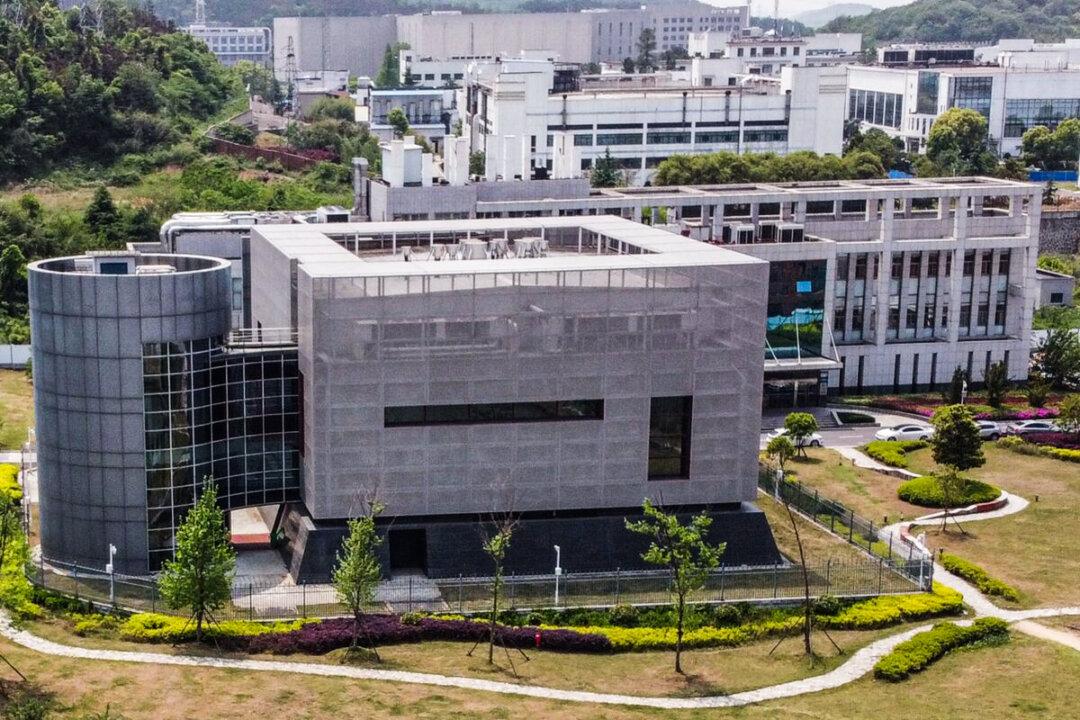China’s Wuhan Institute of Virology (WIV), the lab at the center of intense scrutiny over whether it was the source of the COVID-19 pandemic, launched a new research facility earlier in 2021 and has sought to staff it with workers loyal to the Chinese Communist Party (CCP).
The new facility, known as the Jiangxia Laboratory, will focus on studying emerging pathogens, biosafety technologies, and drugs on biosafety defense, according to China’s state-run media. Located in central China’s Hubei province, the new lab was formally unveiled in February.




